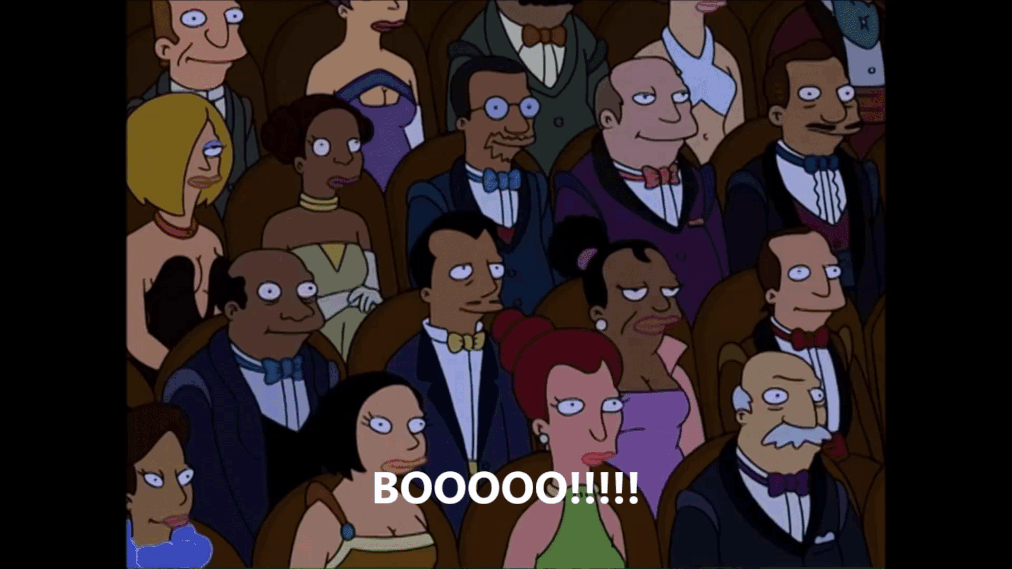But if I were to ask “About how many ships does Starfleet have fighting the Dominion in 2374?”, I couldn’t just create the correct answer (I’m not a DS9 writer), look it up in tie-ins (unless they’re production sources like Okuda/Sternbach’s, DS9 writers would ignore them), so the closest approach would be to do as a continuity-minded DS9 writer might, which is to search the scripts or ask around for references to recent ship counts. Could a conclusion on that basis still be wrong? Sure, but the whole point is to have fun arriving at an answer that could potentially be confirmed, and eliminating certain sources reduces the risk of being wrong.
But there is no "right" or "wrong," because it's not history, it's just a story somebody made up. The most you can hope for is a
plausible conjecture, one that's consistent with what the story has established.
I mean, even in real science and history, there's no such thing as absolute certainty. There's just the best fit to the current evidence, which may need to be modified in light of further evidence. That's even more the case in fiction, where even existing "evidence" can be retconned away if the story demands it.
I don't think the distinction between canon and continuity is as big of a deal as some make it out to be. Canon and Continuity are fundamentally linked. Canon is the body of work, continuity is the natural result of applying thought to canon.
Well, yeah, in the sense that continuity is one of the storytelling tools used in creating the body of stories that we call a canon. But it's not the singular purpose of the exercise; it's one tool in the kit, and some canons apply it more heavily and rigorously than others. Even the TV shows in the '60s and '70s that were basically continuing-cast anthologies and made no attempt to remain consistent from one episode to the next still
pretended to depict a single overall reality; it was just defined impressionistically in broad strokes rather than in granular detail.
The idea that canon is whatever is seen on screen makes sense for the era when it was more difficult to propagate messages to the viewers and fanbase. The lowest common denominator is whatever is seen on screen.
Like I keep saying, that phrase never, ever meant that being onscreen
made something canon. It was just a shorthand for saying that
Star Trek is a TV/movie series and everything outside the episodes and movies is not part of the story. It's the equivalent of saying that the relevant part of a play is what the audience sees and hears onstage rather than what's going on backstage. If you're seated off to the side and can see stagehands running around beyond the edge of the scenery flat, then that's not part of the play. If the loud jerk sitting next to you in the theater starts making his own guesses about what will happen next, that's not part of the play. The play is what's onstage.
But -- things can happen onstage that are not part of the play, like a flubbed line or a prop malfunction. Being onstage doesn't necessarily make something part of the play; it's just that stuff offstage is
not part of the play. (Unless it's one of those experimental stagings where the actors come out into the audience or whatever. Analogies are imperfect things.)



